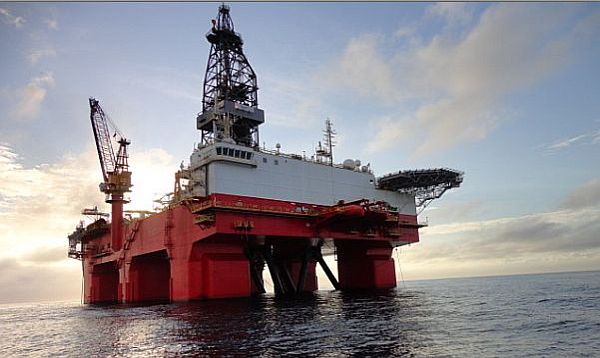Mexico City, Mexico — The Mexican government announced on Thursday the start of bidding for oil exploration rights in areas of the Gulf of Mexico being opened to domestic and international companies as Mexico ends a seven-decade state monopoly on the petroleum business.
As they outlined the tender for the first leg of the opening of the energy sector, Mexico said that it will cap the number of contracts companies can bid for at five. The first contacts are for 14 exploration and production areas and bidding will continue until July 15th. Companies wishing to bid must meet a set of requirements, including showing their participation in at least three exploration projects and oil extraction of at least $1 billion, and capital on hand of at least the same amount. The parcels up for bid are limited to only shallow water - less than 1,640 feet - and are off the coasts of Veracruz, Tabasco, and Campeche states. The areas will be explored through shared production contracts running for 25 years.
Businesses may bid independently or as part of a consortium, but no company can try for more than five blocks. Interested companies will have access for six months to detailed data about each of the parcels through a website.
"Mexico is betting a lot on this audacious opening," said Energy Secretary Pedro Joaquin Coldwell. "For that reason the Mexican government’s commitment to transparency is absolutely crucial."
Undersecretary of Energy Lourdes Melgar said every contract will include a clause stating that any corrupt practices will lead to cancellation of the deal and that all of the oil contracts will be public in a show of integrity.
Mexico nationalized its oil industry in 1938. Prior to this year’s reforms, the state company Petroleos Mexicanos was the only one allowed to do oil exploration and production.
Mexico’s oil and gas production reached a maximum of 3.4 million barrels a day in 2004. Since then, it has fallen to 2.4 million barrels. The government hopes the opening of the industry will entice foreign firms with access to greater exploration technology and help boost daily production to 3 million barrels by 2018 and 3.5 million by 2025.
Analysts have estimated that investment in the sector could reach $15 billion a year.
Original Story


